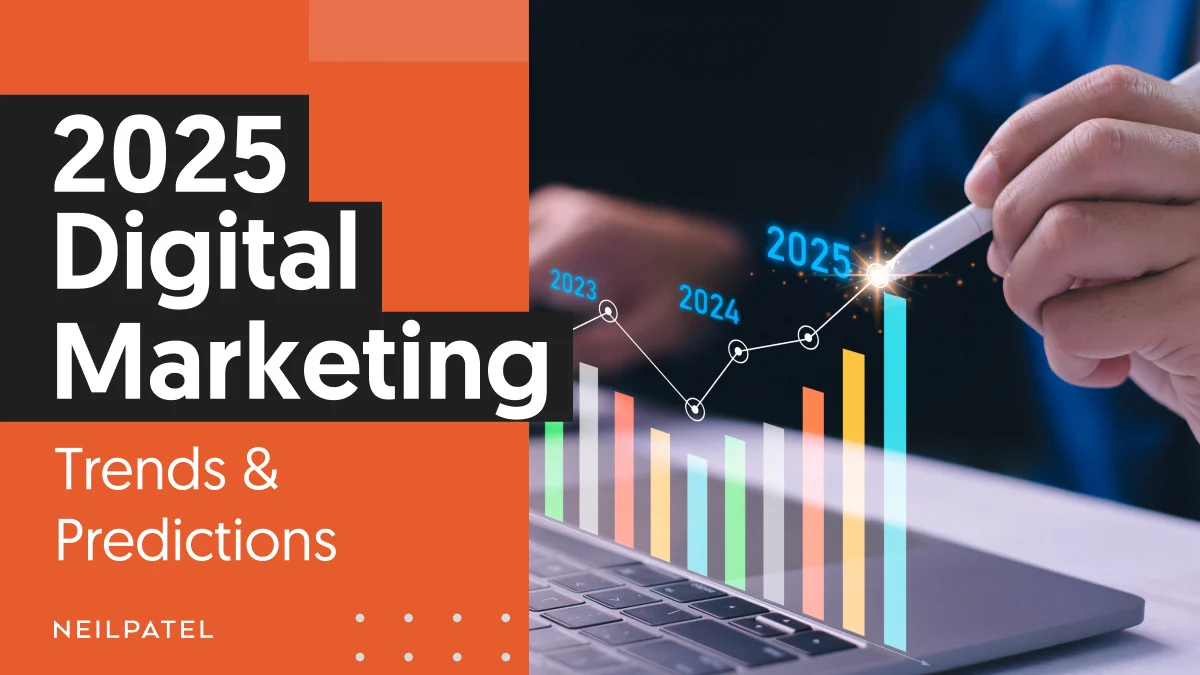In today’s fast-paced digital world, marketing is no longer just about promoting products—it’s about building meaningful relationships with customers. Business marketing in 2025 has evolved dramatically, embracing new technologies, customer-centric strategies, and real-time engagement. Whether you’re a small startup or a large enterprise, understanding modern marketing techniques is key to staying competitive.
1. Understanding Business Marketing
Business marketing (also known as B2B or B2C marketing) refers to all activities a company undertakes to promote and sell products or services. It involves identifying customer needs, creating value, and communicating it effectively through various channels.
Key goals of marketing include:
- Increasing brand awareness
- Driving sales and conversions
- Building long-term customer relationships
- Enhancing brand reputation
2. Digital Marketing Dominates
Traditional marketing still has a place, but digital marketing now leads the way. Businesses are focusing more on online platforms where their customers spend most of their time.
Top digital marketing strategies in 2025 include:
- Search Engine Optimization (SEO): Helps your business rank higher in Google search results.
- Social Media Marketing: Promoting your brand through platforms like Instagram, TikTok, Facebook, and LinkedIn.
- Email Marketing: Personalized emails for leads and existing customers.
- Influencer Marketing: Partnering with social media influencers to reach targeted audiences.
- Content Marketing: Blogs, videos, podcasts, and infographics that educate and engage.
3. Data-Driven Marketing
In 2025, data is gold. Companies are using advanced analytics and AI tools to understand customer behavior, predict trends, and make smarter marketing decisions.
Benefits of data-driven marketing:
- Personalizes customer experiences
- Improves campaign performance
- Tracks ROI (Return on Investment) more accurately
- Identifies customer pain points and opportunities
Popular tools: Google Analytics, Meta Business Suite, HubSpot, and AI-based CRM software.
4. Social Media: A Powerful Marketing Weapon
Social media is not just for entertainment—it’s a major business tool. It’s where customers discover new brands, compare products, and make purchases.
Tips for effective social media marketing:
- Post consistently and creatively
- Use video content (short-form like Reels or TikToks)
- Respond quickly to comments and messages
- Run targeted ad campaigns
- Collaborate with micro and macro influencers
5. Branding and Storytelling Matter
People don’t just buy products—they buy stories, values, and trust. Businesses that focus on brand identity and emotional connection stand out in crowded markets.
Elements of a strong brand:
- Clear mission and vision
- Consistent visual design (logos, colors, typography)
- Authentic voice and tone
- Customer-centric messaging
6. Mobile and Voice Marketing
With the rise of smartphones and smart assistants (like Alexa or Google Assistant), mobile and voice search marketing are growing fast. Businesses must optimize their websites and content for mobile users and voice queries.
7. AI and Automation in Marketing
AI tools now handle tasks like customer segmentation, email automation, content creation, and chatbots. Automation saves time, improves accuracy, and creates smarter customer journeys.
Examples:
- Automated email follow-ups
- AI-generated blog content
- AI chatbots for 24/7 customer support
- Personalized product recommendations
8. Measuring Success
Good marketing is measurable. Businesses use Key Performance Indicators (KPIs) to track campaign success and adjust accordingly.
Common marketing KPIs:
- Website traffic
- Conversion rate
- Customer acquisition cost (CAC)
- Customer lifetime value (CLV)
- Return on ad spend (ROAS)
Conclusion
Business marketing in 2025 is a dynamic blend of creativity, technology, and strategy. To succeed, businesses must stay adaptable, understand their audience, and use the right tools to deliver real value. In a world of endless choices, great marketing doesn’t just sell—it builds loyalty, trust, and long-term success.

